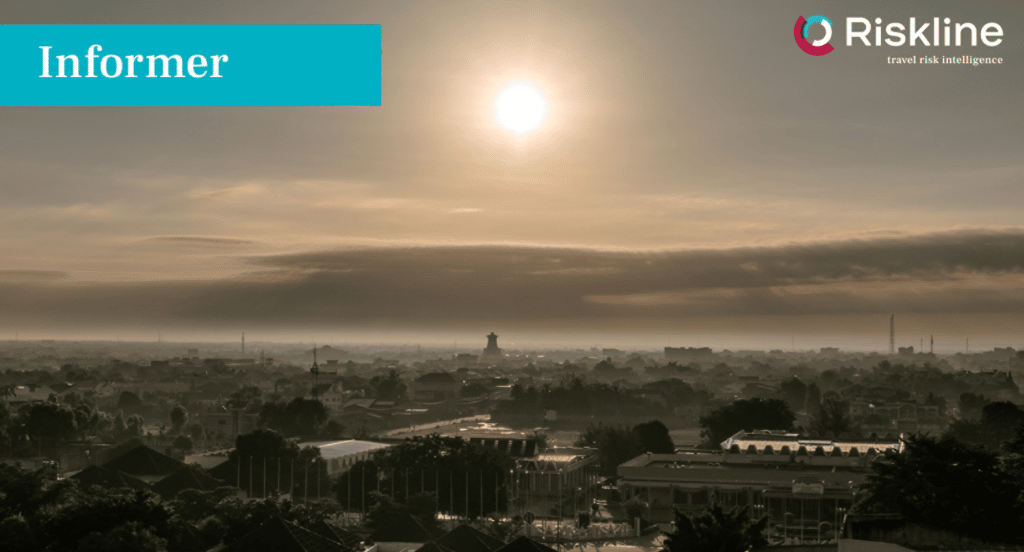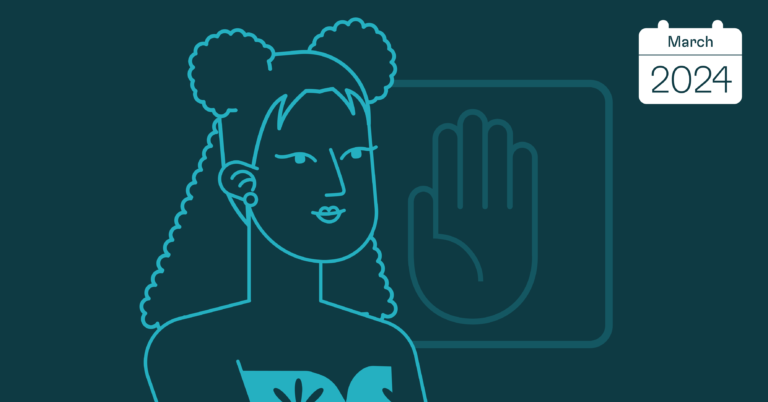Introduction
Late on 24 January, a group of soldiers led by Lieutenant Colonel Paul-Henri Damiba announced on state television that they had detained President Roch Marc Christian Kabore and taken control of Burkina Faso following two days of unrest in the capital, Ouagadougou.
The military officers, operating under the banner of the Patriotic Movement for Preservation and Restoration (MPSR), swiftly suspended the constitution, dissolved parliament, closed the borders and imposed an overnight curfew, in the fourth coup in West Africa in the past 18 months. The mutinying soldiers said that they overthrew Kabore, who was re-elected for a second term in 2020, due to his inability to protect civilians amid a worsening security crisis that has resulted in the deaths of thousands of people and the displacement of over 1.5 million more.
The military junta has since reinstated the constitution and appointed 41-year-old Lieutenant Colonel Damiba as interim president, head of state and supreme leader of the armed forces, for a transitional period with no set end date. The new government declared that it will prioritize improving the security situation, which will be no easy task given that government security forces, which are frequently accused of corruption and human rights abuses, are ill-equipped and inexperienced.
A failure to improve the security situation in the near-term is likely to result in a loss of support for the new military regime. Beyond the immediate security crisis, deeper unresolved issues fuelling the violence, such as poor governance, lack of opportunities, climate change and impunity for state-sanctioned corruption, will be a greater challenge for the military-led government.
Towards a regional axis of military juntas?
Burkina Faso has a history of successful and failed coups, and military-led governments have dominated the political scene since independence from France in 1960. The deposition of Kabore in Burkina Faso follows two military coups in Mali in August 2020 and May 2021, respectively, as well as a failed coup in Niger in March 2021 and a successful coup in Guinea in September 2021.
The uptick in the number of coups reflects the failure of the region’s democratically-elected governments to address their populations’ problems and concerns. Large protests in support of the coup, and a lack of protests against the removal of Kabore, indicate that a large part of the population believe a military-led government is more capable of reigning in armed groups than an elected civilian president. Similar protests also took place in Mali and Guinea following their military coups.
The Economic Community of West African States (ECOWAS) and the African Union (AU) have suspended Burkina Faso’s membership and the coup was condemned internationally. However, consequences have largely been absent for the coup leaders, who have been able to take power with impunity.
ECOWAS imposed sanctions on Mali and Guinea in 2021 but, as evidenced by the coup in Burkina Faso and a failed coup attempt in Guinea-Bissau on 1 February, one week after the Burkina Faso putsch, sanctions appear to be an ineffective deterrent and play into the hands of coup leaders. A potential axis of new military-led governments in Mali, Guinea and Burkina Faso could also help to ease the pressure from ECOWAS and other international actors if they are able to work together and help each other; Guinea’s coup leaders have already indicated that they will disregard all sanctions against any other members.
Beyond West Africa, France, the European Union (EU) and the rest of the international community, while condemning the new reality, are largely powerless to influence the situation, and wish to maintain positive relations with governments, especially regarding security and counterterrorism in the Sahel region.
A hardline approach by international actors is likely to strengthen the legitimacy of the new military regimes and push them towards new alliances with other partners, as witnessed by Mali’s ongoing diplomatic rift with France and increased cooperation with the Russian paramilitary Wagner Group following French threats to withdraw troops. New dynamics and actors will likely undermine the fight against terorrism in the Sahel region, which in turn will increase public hostility towards international partners and eventually erode the legitimacy of the current military-led governments domestically. The end result will be further military uprisings in the name of public security.
Summary
The rise in successful coup attempts in West Africa in recent years is a worrying sign for democracy as military governments are often hard to remove once in power and their ability to maintain security is usually no better than the civilian governments they replaced. The Riskline Forecast for 2022 predicted that more coups are likely in the region in the coming years if coup leaders can act without consequences and elected governments are unable to provide security or meet the basic needs of their citizens.















